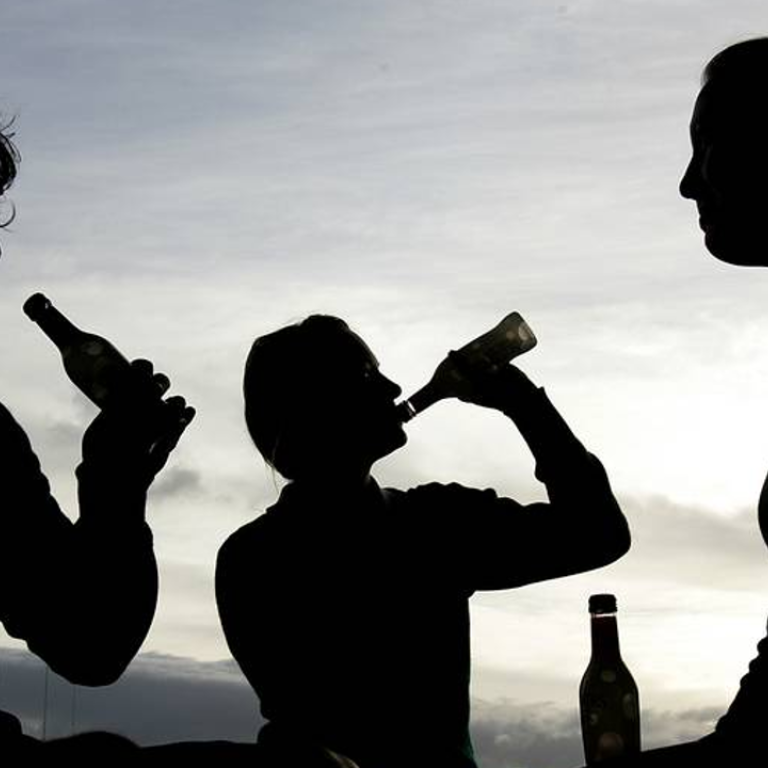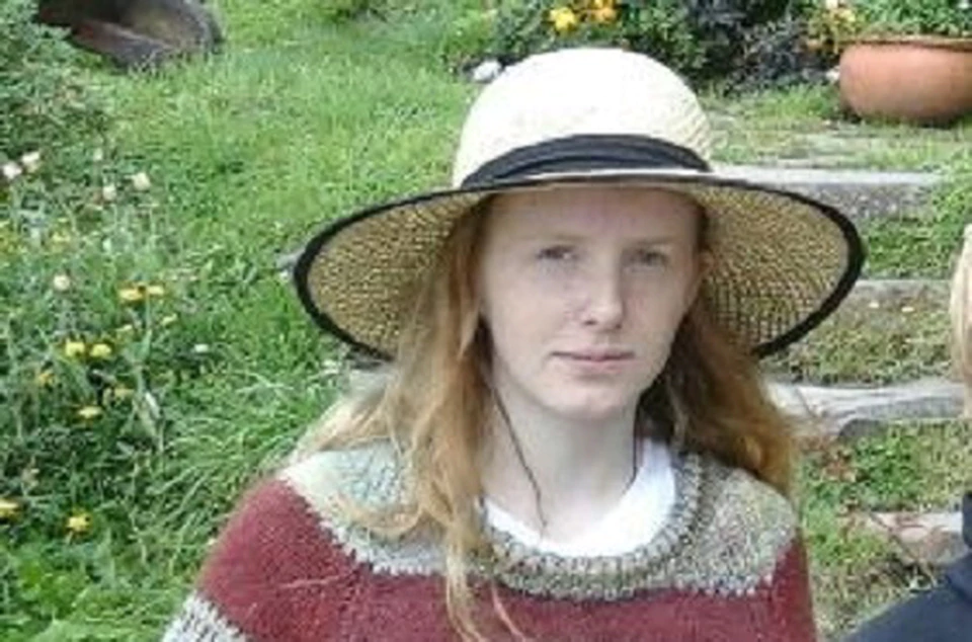
Is social media preventing teens from smoking, drinking and taking drugs?
Researchers in New Zealand say socialising in the age of the Internet means teenagers are now expressing themselves differently
Modern New Zealand teenagers have turned to healthier living, virtually giving up smoking and cutting back sharply on binge drinking and illicit drugs.
The smoking rate had dropped to less than three per cent in 2015, from 15 per cent in 2000. The rate of regular binge drinking nearly halved in the 11 years to 2012. And illicit drug use fell to 23 per cent in 2012.
But researchers aren’t clear on the reasons behind these reductions in risky behaviour and wonder whether Snapchat and Facebook may play a role.
Otago University Wellington researcher Jude Ball said there had been large, almost simultaneous reductions in adolescent risk behaviours in a range of countries.
She had found health interventions such as hikes in tobacco tax might have played a role, but the similarities in the data between countries despite variations in their tobacco controls suggested broader social forces were at work.
Some argue that social media is replacing risky behaviours: adolescents can be cool and sociable without drinking, and gaming, texting and social media means they have less time, or are less inclined, to drink or smoke.
“While this is a popular notion, there’s also a large body of evidence against it,” said Ball.
The trends seemed positive, although she noted that others hadn’t changed - healthy eating, getting more exercise - or might be deteriorating: mental health.
“Because the drivers of the decline are largely unknown, we need to be alert to the possibility that rising mental health problems and falling risk behaviours might be two sides of the same coin - driven perhaps by pressure to succeed or by increasing social isolation.”
Auckland University youth health researcher Dr Theresa Fleming said social media could certainly have played a part in the reduction in risky behaviours.
“The things we did to find good friends and express identity were quite different before the internet - maybe driving down the main street in a fast car, while now we might do funny memes. It’s less likely to immediately kill you.”
But broader cultural changes could be a factor too, such as children being exposed to less risk. In cars they now had to ride in carseats while young, playgrounds were safer, and children were monitored more.
Cassandra Bahr is 18, she hardly drinks and she has never even tried to smoke a cigarette.
Why not?
“Smoking: just because it’s so bad for you. I just don’t think I would particularly like it and it’s pretty expensive,” said the Wellington High School student.
“Drinking: I don’t like the taste of much alcohol. I find that I’m able to have fun without being drunk. I’m okay with other people being drunk. I find I’m happy without it.”
She doesn’t want to encourage her brain to do “weird things”.
And she has never taken any illicit drugs for the same reasons as she has avoided tobacco and alcohol.
“I know how bad weed is for teenage brains in particular. I don’t really want to do anything that would kill my brain off.”
Cassandra was intrigued by the suggestion that a decline in teenagers’ risky behaviours might be linked to spending time on social media and gaming.
“It seems like people drink and do drugs an awful lot. They are also on social media a lot.”
“I don’t think they are substitutes for one another.”
“I’m unusual because I don’t have Facebook ... I have got Messenger; that’s it.”


